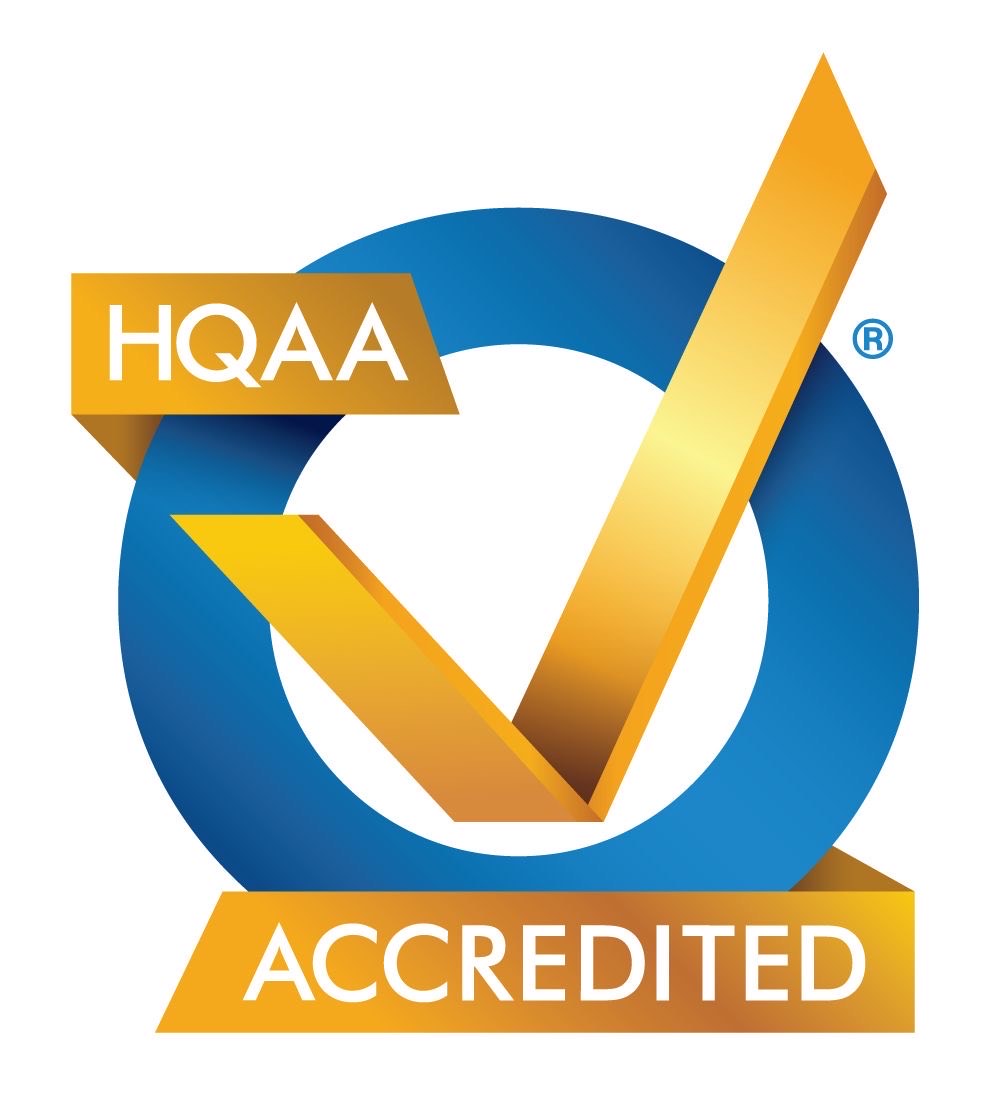Top 10 Must-Have Medical Equipment for Any Healthcare Facility
Why is having the right medical equipment important?
When it comes to healthcare facilities, having the right medical equipment is crucial. It not only ensures the safety and well-being of patients but also helps healthcare professionals provide accurate diagnoses and effective treatments. With advancements in technology, there are now numerous medical equipment options available in the market. However, not all of them are essential for every healthcare facility. In this blog post, we will discuss the top 10 must-have medical equipment that every healthcare facility should consider investing in.
1. Diagnostic Equipment
Accurate diagnosis is the first step towards effective treatment. Diagnostic equipment such as X-ray machines, ultrasound machines, and electrocardiography (ECG) machines are essential for identifying and monitoring various medical conditions. These tools provide valuable insights into a patient's health, enabling healthcare professionals to make informed decisions.
2. Patient Monitoring Systems
Continuous monitoring of patients is crucial, especially in critical care units. Patient monitoring systems, including vital signs monitors and telemetry systems, help healthcare professionals track patients' vital signs, such as heart rate, blood pressure, and oxygen saturation levels. These systems provide real-time data, allowing healthcare professionals to detect any abnormalities and take immediate action.
3. Surgical Instruments
Every healthcare facility needs a wide range of surgical instruments to perform various procedures. These instruments include scalpels, forceps, retractors, and scissors. Investing in high-quality surgical instruments ensures precision and reduces the risk of complications during surgeries.
4. Anesthesia Machines
Anesthesia machines are essential for administering anesthesia to patients during surgical procedures. These machines deliver a precise mixture of gases and medications to keep patients unconscious and pain-free. Anesthesia machines also monitor patients' vital signs during surgery, ensuring their safety throughout the procedure.
5. Defibrillators
Defibrillators are life-saving devices used to restore a normal heart rhythm in patients experiencing cardiac arrest. These devices deliver an electric shock to the heart, allowing it to resume its normal beating pattern. Having defibrillators readily available in healthcare facilities can significantly increase the chances of survival for patients experiencing cardiac emergencies.
6. Laboratory Equipment
Laboratory equipment plays a crucial role in diagnosing and monitoring various medical conditions. This includes equipment such as microscopes, centrifuges, and analyzers. These tools enable healthcare professionals to perform accurate laboratory tests, leading to timely and accurate diagnoses.
7. Patient Beds and Stretchers
Comfortable and functional patient beds and stretchers are essential for providing optimal care to patients. These equipment items should be adjustable, allowing healthcare professionals to position patients comfortably during examinations, procedures, and recovery. Patient beds and stretchers should also be easy to clean and maintain for infection control purposes.
8. Medical Carts
Medical carts are versatile equipment that can be used to store and transport medical supplies, medications, and equipment. These carts should be durable, easy to maneuver, and equipped with locking mechanisms to ensure the safety and security of the stored items. Having well-organized medical carts can improve workflow efficiency and save valuable time for healthcare professionals.
9. Personal Protective Equipment (PPE)
Personal protective equipment, including gloves, masks, gowns, and goggles, is essential for ensuring the safety of healthcare professionals and preventing the spread of infections. Adequate supplies of PPE should be readily available in healthcare facilities to protect both patients and healthcare workers.
10. Emergency Medical Equipment
Healthcare facilities should be equipped with emergency medical equipment, including oxygen cylinders, ambu bags, and emergency medication kits. These items are crucial for providing immediate care to patients in emergency situations, such as cardiac arrest, respiratory distress, or severe allergic reactions.
Investing in the right medical equipment is essential for any healthcare facility. It not only enhances patient care but also improves the efficiency and effectiveness of healthcare professionals. By ensuring the availability of these top 10 must-have medical equipment items, healthcare facilities can provide high-quality care and create a safe environment for patients and healthcare professionals alike.



